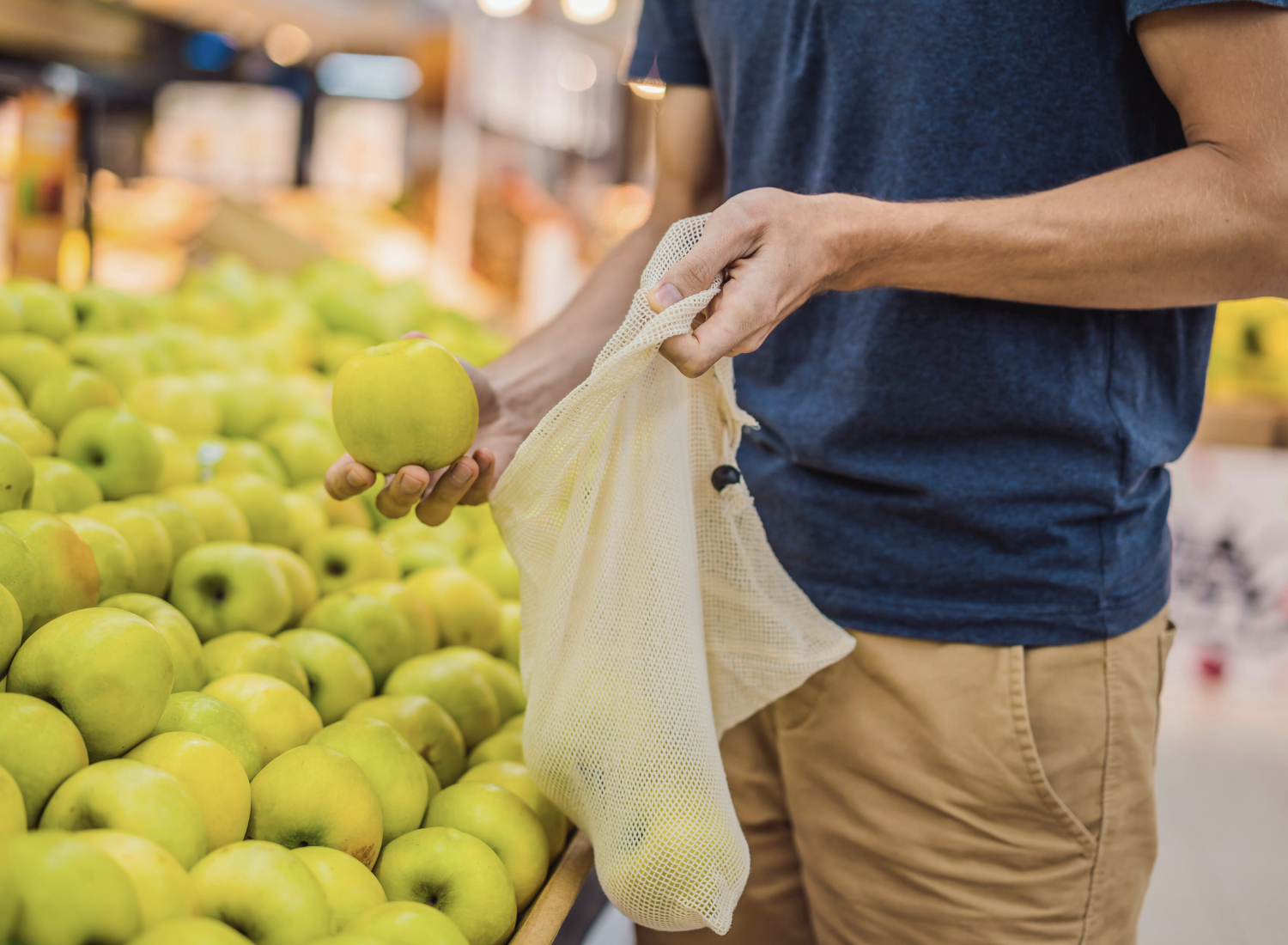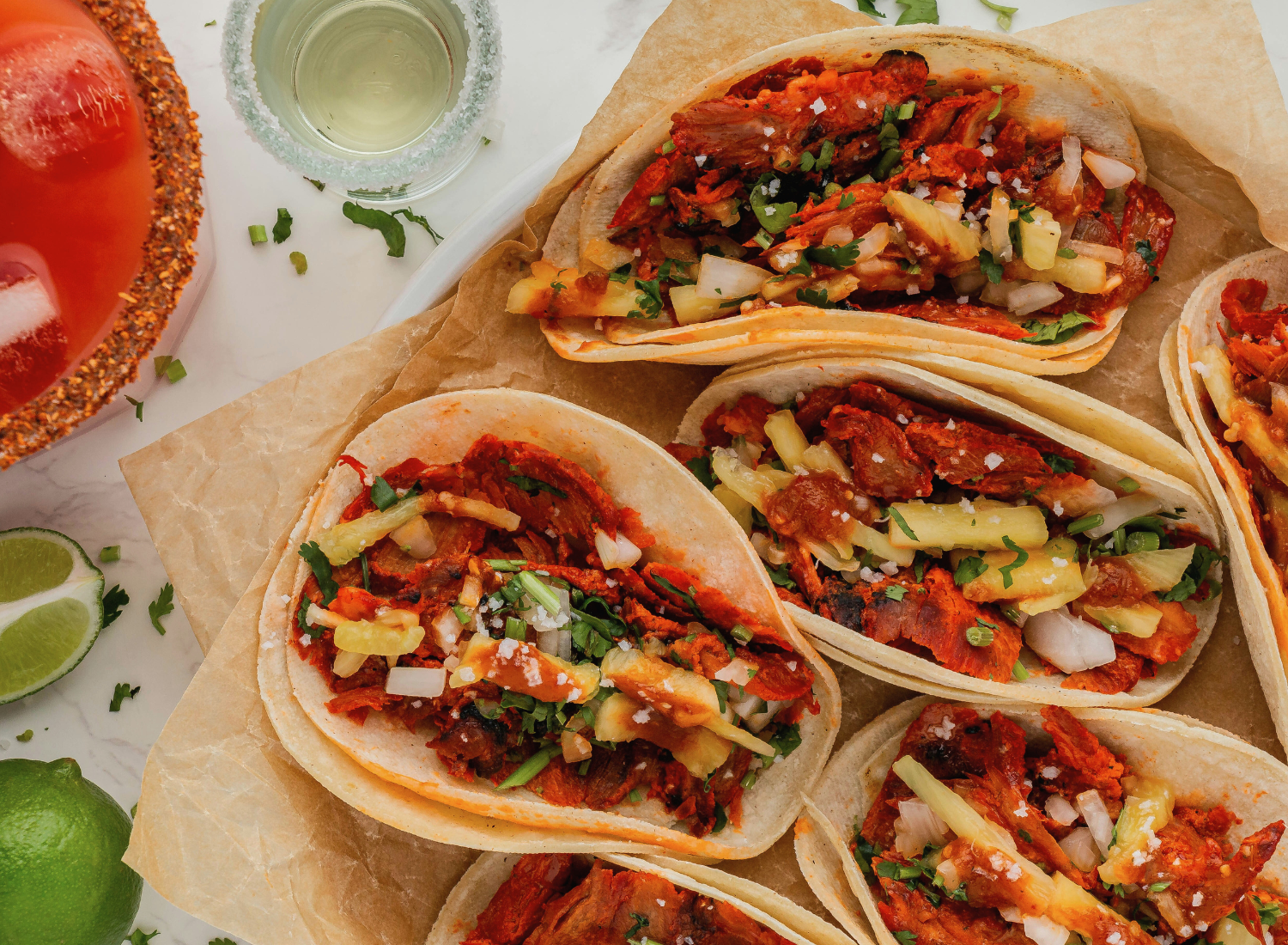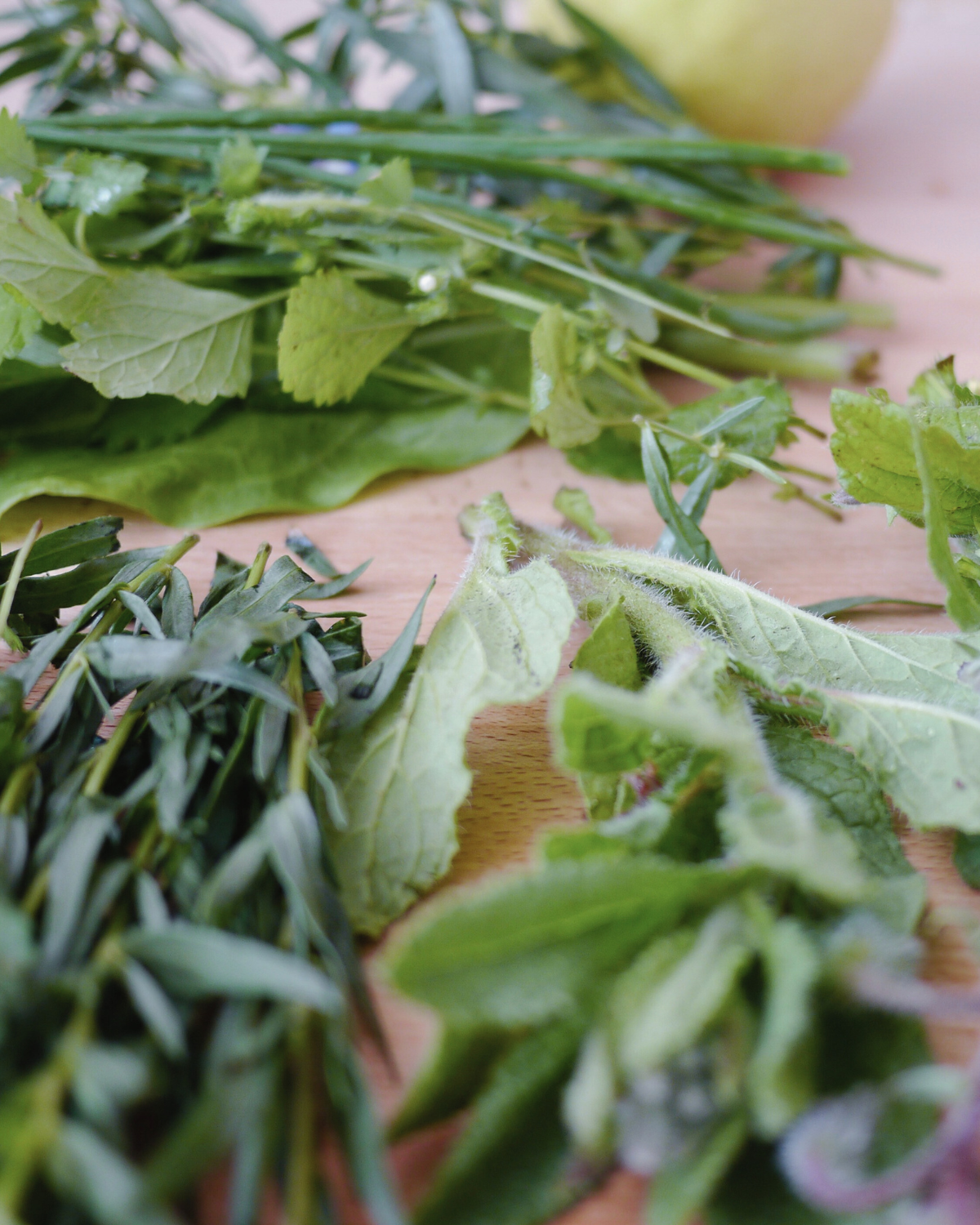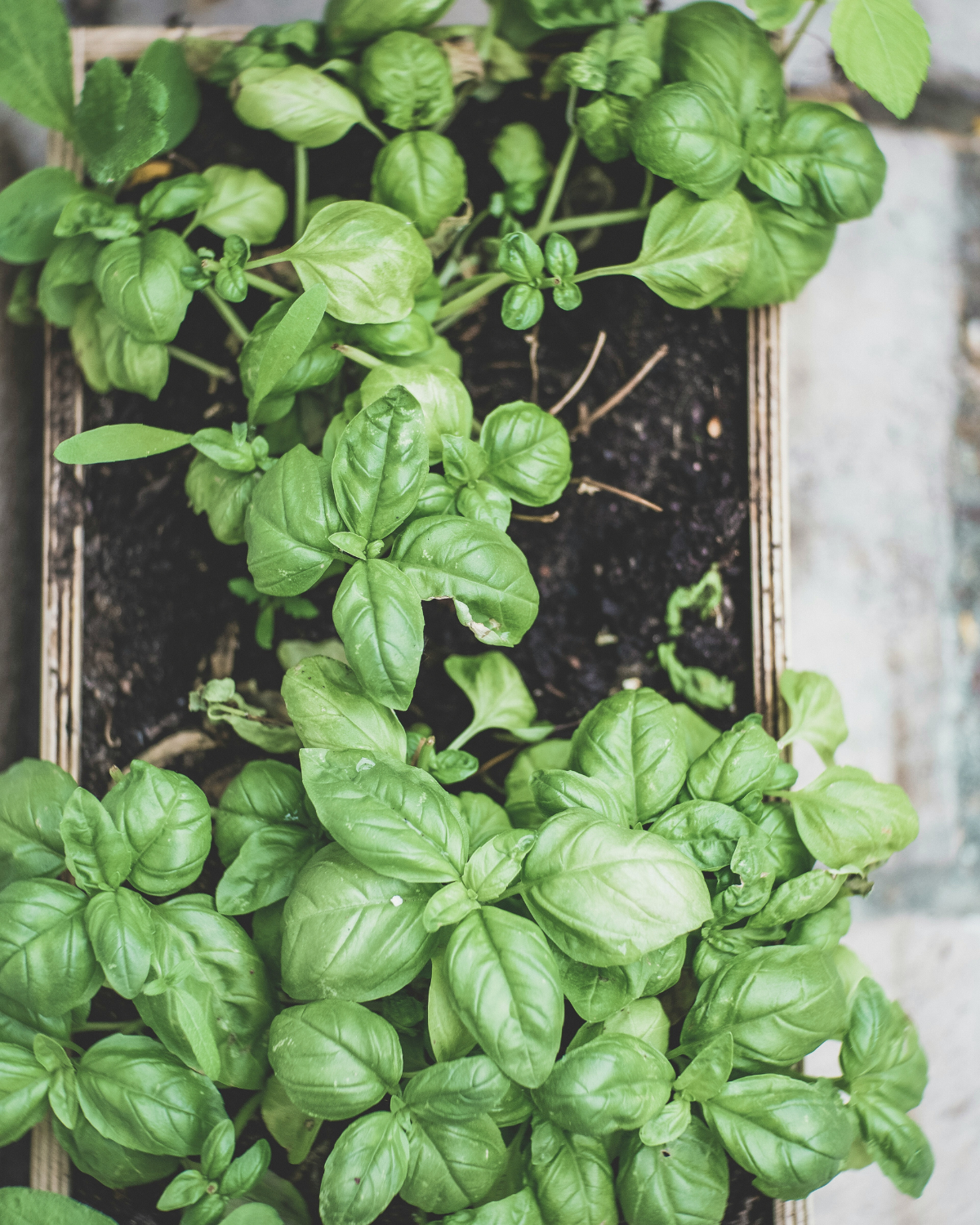WRITTEN BY KATE CHALMERS
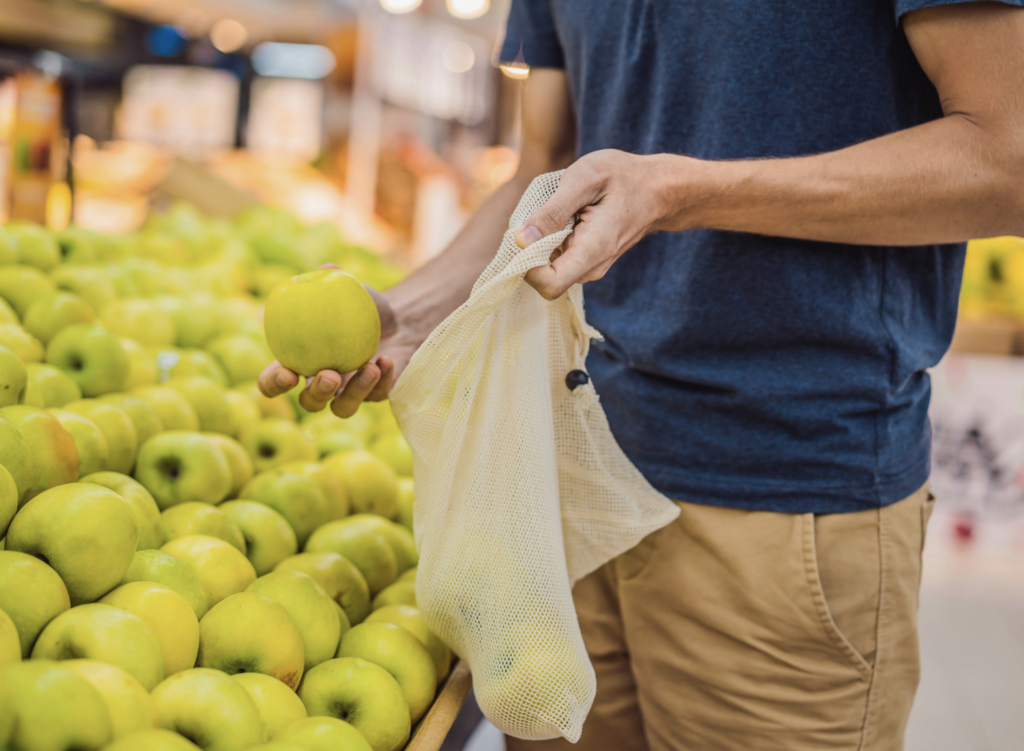
With the ever-increasing plastic waste problem hitting the headlines week after week, it’s understandable that many of us are looking for ways to reduce plastic use in our households. Making simple swaps and changing your habits can quickly eliminate a large percentage of your plastic waste, so why not start today?
In case you missed it, here is a quick recap of why plastic waste pollution is such a big problem:
- Plastic production is one of the most energy-intensive manufacturing processes in the world and is responsible for 3.4% of global greenhouse gas emissions.
- Nearly a quarter of plastic waste is ‘mismanaged’, littering the environment where it chokes marine wildlife, damages soil, and poisons groundwater.
- 46% of plastic waste ends up in landfill sites, where it slowly breaks down into microplastics.
- Less than a tenth of plastic waste is recycled, and recycled plastics can contain high levels of toxins making them unsuitable for food packaging.
With major environmental organizations warning that we can’t recycle our way out of the plastic problem, it is clear that the only solution is to cut plastics out of our lives wherever possible. But with the grocery store shelves laden with plastic-wrapped products, where do we start? Let’s take a look!
1. Ditch The Plastic Wrap
Yes, plastic wrap (or cling film, depending on where you’re from!) is super convenient, but it seems a bit crazy to cover your food for a few hours with a product that will exist – quite literally – forever. Plastic wrap often ends up in landfill sites, so switch to alternatives like reusable silicone bowl toppers, beeswax wraps, or something as simple as an upside-down plate.
2. Switch to Reusable Shopping Bags
Countries that have introduced a ‘plastic bag tax’ have seen a huge drop in single bag usage – it seems that, even though the cost of a reusable bag is minimal, this small fee is the nudge consumers need to remember their reusable bags. I love my foldable shopping bags, as they are easy to store and fit easily into my pocket.
3. Lose the Liquids
True story – I met a group of children the other day who had no idea what to do with a solid bar of soap! While some of us are old enough to remember when soap bars were an everyday thing, there are whole generations who have grown up with liquid hand soap and shower gels. These carry a huge ecological footprint, so switching to solid – preferably organic – soap bars is a great way to cut your plastic usage.
P.S.: If solid soap isn’t for you, find a local refill store to reuse your soap bottles over and over again.
4. Monitor Your Food Packaging
Take a quick peek into your refrigerator and pantry – how many of these food items came wrapped in plastic? While plastic packaging is cheap and convenient for the food manufacturing industry, it creates a huge environmental problem.
- Switch to food packaged in glass jars and aluminum cans, as these materials are easily recycled.
- Check out local bulk buy or refill stores for plastic-free dried goods.
- Bring your own containers for the deli or bakery counter.
- If your grocery store doesn’t stock loose fruit and veg, local farmers markets or CSA veg box schemes are a good option.
It’s important to note that single-use plastic is the real issue here; we’re talking about packaging that is thrown away as soon as the food is consumed. Some food comes packaged in durable plastic containers that are great for reusing in the kitchen and around the home.
5. Carry a Reusable Water Bottle and Coffee Cup
To stay hydrated while out and about, pack a water bottle or reusable cup in your bag. Many coffee shops offer a discount for people taking their own cups, and water refill stations are freely available, so your lovely new drinks container will pay for itself in no time at all.
6. Plastic-Free Gatherings
When hosting family or friends, plastic use can tend to increase. It can seem much easier or convenient to opt for plastic water bottles, plastic cutlery or plates. Celebrations can lead to plastic balloons, glitter and other single use decorations. Make sure these fun times are not at the expense of the planet by switching to more sustainable options like compostable plates, drink pitchers, and reusable decorations. Did you know there’s biodegradable confetti?
As you can see, there are plenty of ways to reduce household plastic waste, and these six simple swaps will make a significant improvement right away. But be warned – once you get started on a plastic-free journey the mission can become addictive!

